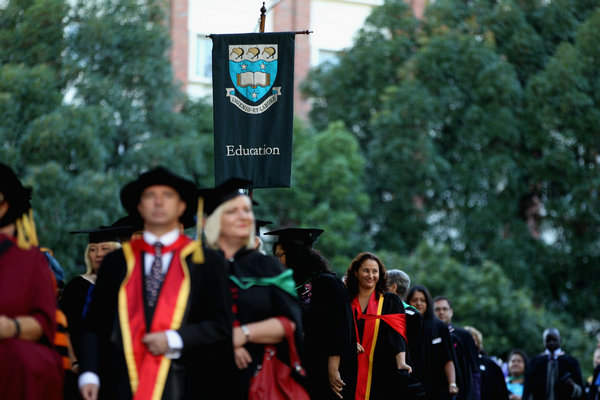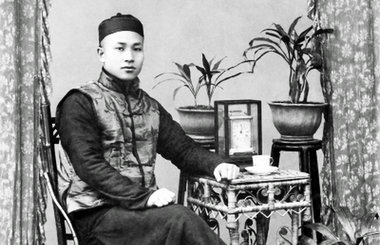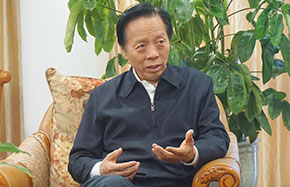New Zealand universities eye deficit in Asia-Pacific expertise
 |
|
Graduates of the University of Auckland attend their graduation ceremony in May 2012 in Auckland. [Photo/VCG] |
Two New Zealand universities will host new government-funded research institutes to bolster understanding of the Asia-Pacific region, Tertiary Education, Skills and Employment Minister Paul Goldsmith says.
The Centres of Asia-Pacific Excellence at the University of Auckland and Wellington's Victoria University will specialize in the languages, cultures, politics and economics of countries or groups of countries in the region, says Goldsmith.
Auckland will lead a group of universities in the North Asia center, covering China, Japan and South Korea, while Victoria will lead two centers, one focusing on Southeast Asia and one on Latin America.
"They are an important and strategic investment in New Zealand's future. So much of our trade, tourism and migration is focused on the Asia-Pacific region. It makes sense to deepen our understanding of it," Goldsmith says in a statement.
As well as teaching about and researching the countries, each institute will be mandated to help learners, exporters, and government agencies improve their understanding of the countries and their languages.
"The new CAPEs will provide initiatives and programs of use to small and medium enterprises wanting to grow their understanding of the Asian and Latin American markets," says Goldsmith.
"The centers will also help individuals better prepare to do business and connect with the Asia-Pacific region."
The government allocated the CAPE program NZ$34.5 million ($23.83 million) over four years in last year's budget.
The North Asia and Southeast Asia institutes will use the expertise of the Asia New Zealand Foundation, which welcomed the announcement, saying too many New Zealanders lacked confidence in engaging with Asia.
"For example, we've seen the number of secondary students learning Asian languages drop by a third in the past decade," foundation executive director Simon Draper says in a statement.
"If we are to succeed in Asia, we need to move beyond our current transactional approach, and invest time and resources in understanding what makes Asian countries tick. We need to build sustainable relationships based on an understanding of each other's cultures, histories and economies."
The University of Auckland's existing North Asian centers and institutes include the Confucius Institute, jointly established by the University of Auckland, Fudan University in Shanghai and the Office of Chinese Language Council International, based in Beijing; and the New Zealand Centre at Beijing's Peking University, which was launched in 2007 as a joint initiative of the two universities.



















